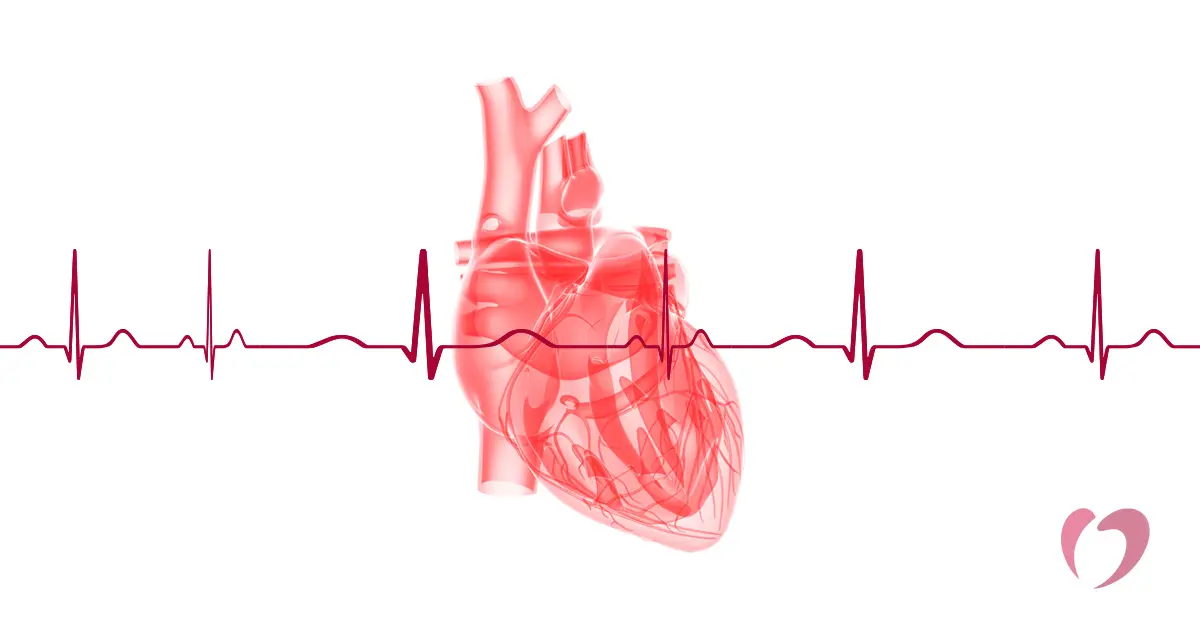Understanding Psoriasis Treatment: What Works and What Doesn’t?
Psoriasis is a chronic skin condition that causes red, scaly patches on the skin. It is an autoimmune disorder with no known cure, but effective psoriasis treatments can help manage symptoms and improve quality of life. Understanding which psoriasis treatments work and which ones don’t can help patients make informed decisions about their care.
What Is Psoriasis?
Psoriasis is a skin disease that speeds up the life cycle of skin cells, causing them to build up on the surface. This results in inflammation, scaling, and discomfort. It is not contagious but can significantly impact a person’s physical and emotional well-being.
Common Types of Psoriasis
| Type | Symptoms | Affected Areas |
|---|---|---|
| Plaque Psoriasis | Raised, red patches with silvery scales | Scalp, elbows, knees, lower back |
| Guttate Psoriasis | Small, red spots | Trunk, arms, legs |
| Inverse Psoriasis | Smooth, red, shiny patches | Skin folds (under breasts, armpits, groin) |
| Pustular Psoriasis | White pustules surrounded by red skin | Hands, feet, fingertips |
| Erythrodermic Psoriasis | Severe redness, shedding skin, pain | Entire body |
Effective Psoriasis Treatments
There are several treatment options for managing psoriasis symptoms. The choice of treatment depends on the severity of the condition, the type of psoriasis, and the patient’s overall health.
Topical Treatments
| Treatment | How It Works | Best For |
|---|---|---|
| Corticosteroids | Reduces inflammation and itching | Mild to moderate psoriasis |
| Vitamin D Analogues | Slows skin cell growth | Plaque psoriasis |
| Topical Retinoids | Reduces scaling and inflammation | Mild psoriasis |
| Salicylic Acid | Helps shed scales | Scalp and thick plaques |
| Moisturizers | Reduces dryness and itching | All types |
Systemic Treatments (For Moderate to Severe Cases)
| Treatment | How It Works | Best For |
|---|---|---|
| Biologic Drugs | Targets immune response | Moderate to severe psoriasis |
| Methotrexate | Slows down skin cell growth | Severe plaque psoriasis |
| Cyclosporine | Suppresses immune system | Severe flare-ups |
| Acitretin (Oral Retinoid) | Reduces scaling | Pustular psoriasis |
Light Therapy (Phototherapy)
Light therapy exposes the skin to ultraviolet (UV) light to reduce inflammation and slow skin cell growth.
| Type | Benefits |
|---|---|
| UVB Therapy | Effective for widespread psoriasis |
| PUVA (Psoralen + UVA) | Helps severe cases but may have side effects |
| Excimer Laser | Targets small affected areas |
Psoriasis Treatments That Don’t Work
While many treatments help manage symptoms, some psoriasis treatments are ineffective or lack scientific evidence.
| Ineffective Treatment | Why It Doesn’t Work |
|---|---|
| Over-the-counter steroid creams (low strength) | Too mild for significant improvement |
| Antibiotics | Psoriasis is not caused by bacteria |
| Homeopathic Remedies | No proven effectiveness |
| Strict Diets | Diet alone cannot cure psoriasis |
| Detox Treatments | No scientific evidence supports detox for psoriasis |
Lifestyle Tips for Managing Psoriasis
In addition to medical treatments, lifestyle changes can help reduce psoriasis flare-ups.
- Maintain a healthy diet rich in anti-inflammatory foods like fish, nuts, and leafy greens
- Stay hydrated to keep skin moisturized
- Manage stress through meditation or therapy
- Avoid smoking and alcohol, which can worsen symptoms
- Use fragrance-free skincare products to reduce irritation
Conclusion
Psoriasis is a lifelong condition, but effective psoriasis treatments can help control symptoms and improve skin health. While topical creams, systemic medications, and light therapy can provide relief, unproven treatments like homeopathy and detox methods should be avoided. Consulting a dermatologist is essential for developing a personalized treatment plan.




